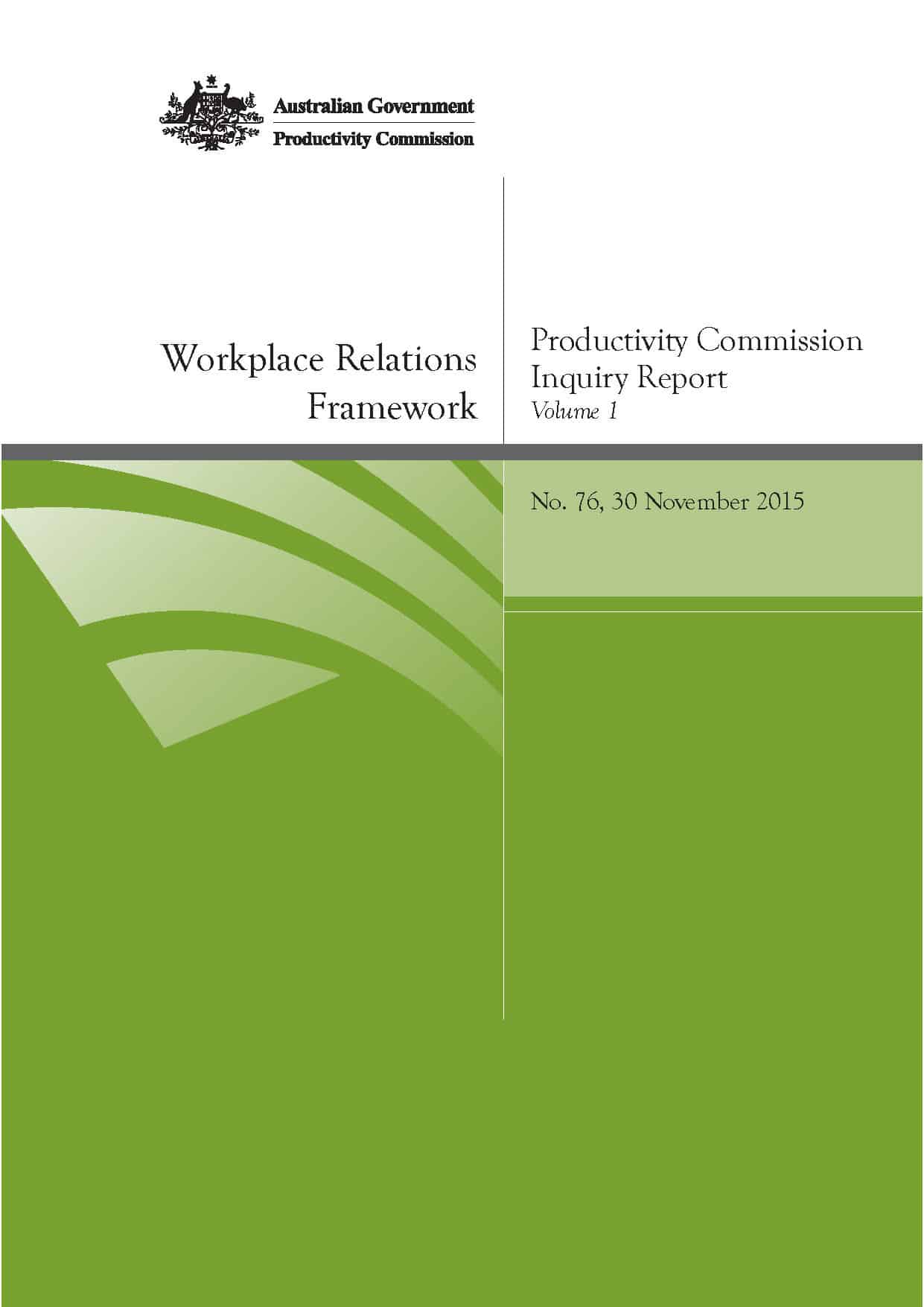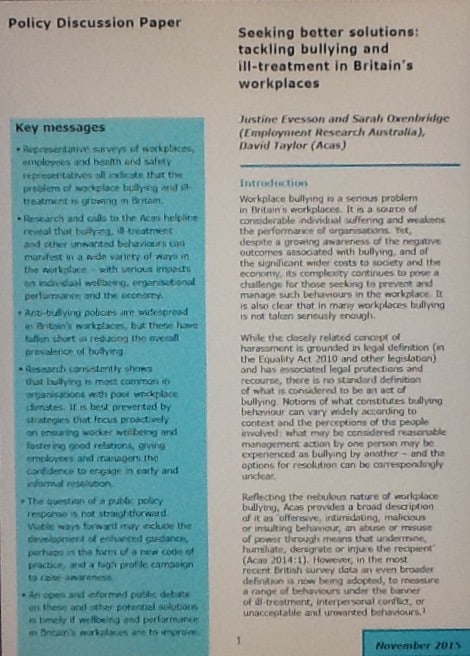![]() An article from the January 2016 edition of the Journal of Occupational & Environmental Medicine (JOEM) has been gaining some attention through social media networks. The article, Tracking the Market Performance of Companies That Integrate a Culture of Health and Safety: An Assessment of Corporate Health Achievement Award Applicants, is being interpreted as evidence that health and safety programs lead to “superior market performance”. Yes and No, but mostly No. Continue reading “Health program impact on corporate share price is overstated”
An article from the January 2016 edition of the Journal of Occupational & Environmental Medicine (JOEM) has been gaining some attention through social media networks. The article, Tracking the Market Performance of Companies That Integrate a Culture of Health and Safety: An Assessment of Corporate Health Achievement Award Applicants, is being interpreted as evidence that health and safety programs lead to “superior market performance”. Yes and No, but mostly No. Continue reading “Health program impact on corporate share price is overstated”
Category: economics
Can OHS achieve change in a neoliberal world?
The operation of the European Union is a mystery to everyone outside the EU and to most people in the EU. Any organisation that juggles the legislation of over 20 countries has a thankless task but some of the work being undertaken by occupational health and safety (OHS) advocates provides a clarity on power relationships between employers and workers. I never tire of reading articles and editorials by Laurent Vogel of the European Trade Union Institute. Below is an excerpt from his editorial in the Autumn-Winter 2015 edition of HesaMag: Continue reading “Can OHS achieve change in a neoliberal world?”
The forgotten Royal Commission
Australia conducted a
Talking about safety – old skills in new ways
Australia’s latest Prime Minister, Malcolm Turnbull, has a strong background in technology investment and is urging the country to embrace innovation. This has generated a focus on information technology start-ups but it may also create opportunities for occupational health and safety (OHS) professionals, if they are willing to change.
There has been a quick growth in
Where workplace bullying sits in Australia’s IR review
 Australia’s Productivity Commission (PC) has released its final report into the Workplace Relations Framework. Almost all media discussion has been about potential changes to penalty rates but, as mentioned in an earlier blog post, workplace bullying is part of the inquiry’s terms of reference, submissions were sought on this and the final report identifies one view on the current state of play.
Australia’s Productivity Commission (PC) has released its final report into the Workplace Relations Framework. Almost all media discussion has been about potential changes to penalty rates but, as mentioned in an earlier blog post, workplace bullying is part of the inquiry’s terms of reference, submissions were sought on this and the final report identifies one view on the current state of play.
The Australian newspaper has summarised the report as rubbish while The Age has described it as a “fair assessment“. These polarised interpretations say more about mainstream media ideologies than they do about the report, but they reflect the dichotomy between unions and business and the Left and the Right, and need to be remembered when reading their articles about occupational health and safety (OHS).
Volume 2 of the PC’s report includes a chapter (19) specifically addressing workplace bullying but the issue crops up throughout Volume 1 to illustrate the Fair Work Commission’s operations, where bullying fits in the workplace relations framework and even as bullying relates to breastfeeding.
Annual Reports can encourage SafeWash!
Annual Reports are crucial corporate documents that should reflect the financial and organisational health and achievements of a company. Only recently, in Australia, have Annual Reports been assessed for indications of occupational health and safety (OHS) other than fatalities. Some of that analysis of injury data has appeared in an article in the Safety Science journal entitled “Safewash! Risk attenuation and the (Mis)reporting of corporate safety performance to investors” – an article that deserves careful consideration. Continue reading “Annual Reports can encourage SafeWash!”
are crucial corporate documents that should reflect the financial and organisational health and achievements of a company. Only recently, in Australia, have Annual Reports been assessed for indications of occupational health and safety (OHS) other than fatalities. Some of that analysis of injury data has appeared in an article in the Safety Science journal entitled “Safewash! Risk attenuation and the (Mis)reporting of corporate safety performance to investors” – an article that deserves careful consideration. Continue reading “Annual Reports can encourage SafeWash!”
New workplace bullying report raises awareness in UK
 Recently workplace bullying gained increased attention in the United Kingdom due to media report about a discussion paper released by Advisory, Conciliation and Arbitration Service (Acas).
Recently workplace bullying gained increased attention in the United Kingdom due to media report about a discussion paper released by Advisory, Conciliation and Arbitration Service (Acas).
The report called “Seeking better solutions: tackling bullying and ill-treatment in Britain’s workplaces” is a very good summary of thinking on workplace bullying that acknowledges the Australian experience but seems to indicate that Britain remains in the early stages of tacking the workplace bullying situation after a series of false starts on the issue.
SafetyAtWorkBlog posed some questions about this paper to Dr
